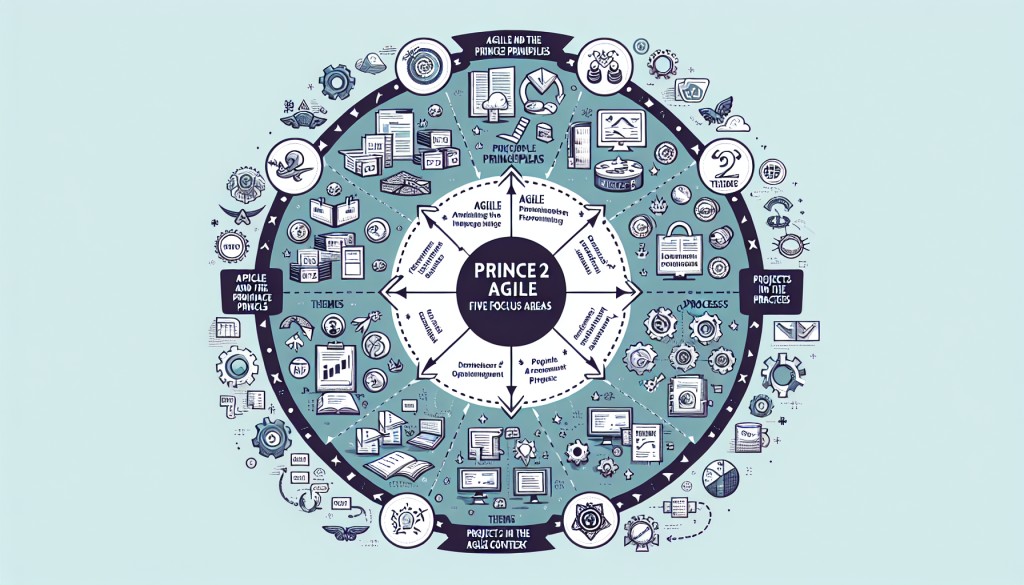Agile methodologies have become increasingly prevalent in the world of project management, as organisations strive to adapt to the ever-changing landscape of business. In this essay, we will delve into the intricacies of Agile methodologies, providing a comprehensive overview of what they entail and how they can benefit businesses.
At its core, Agile methodology is a mindset that prioritises flexibility and collaboration in the delivery of projects. Unlike traditional project management approaches, which rely on rigid plans and strict timelines, Agile methodologies emphasise the importance of iterative development and continuous feedback. This allows teams to respond quickly to changing requirements and deliver value to customers in a more efficient manner.
One of the key principles of Agile methodologies is the concept of self-organising teams. Instead of having a hierarchical structure where decisions are made top-down, Agile teams are empowered to make decisions collectively and take ownership of their work. This fosters a sense of accountability and promotes creativity, as team members are encouraged to explore different solutions and experiment with new ideas.
Unleashing the Potential of Agile Methodologies in Project Success .
Another important aspect of Agile methodologies is the use of short development cycles, known as sprints. These sprints typically last for two to four weeks and are focused on delivering a specific set of features or functionality. By breaking down the project into smaller, manageable chunks, teams are able to maintain a steady pace of work and adapt quickly to any changes that may arise.

In addition to sprints, Agile methodologies also place a strong emphasis on regular communication and collaboration. Daily stand-up meetings, where team members discuss their progress and any potential roadblocks, help to keep everyone on the same page and ensure that issues are addressed in a timely manner. This open and transparent communication is essential for building trust within the team and promoting a culture of continuous improvement.
Overall, Agile methodologies offer a more dynamic and responsive approach to project management, allowing businesses to adapt to changing market conditions and deliver value to customers more effectively. By embracing the principles of flexibility, collaboration, and iteration, organisations can harness the power of Agile methodologies to drive innovation and achieve success in an increasingly competitive business environment.